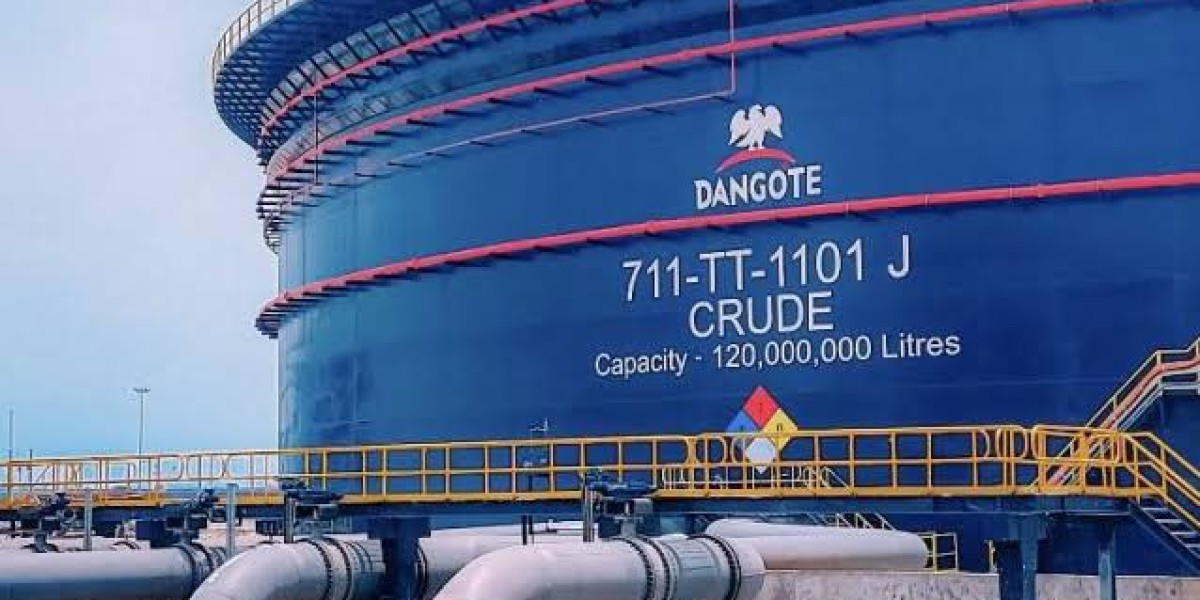The Dangote Petroleum Refinery has increased the ex-depot price of Premium Motor Spirit (PMS), commonly known as petrol, to ₦880 per litre from its previous price of ₦825. This move has prompted an immediate upward adjustment of pump prices by petroleum marketers across the country.
Major marketers, including MRS, have already implemented new pricing, with petrol now selling for between ₦925 and ₦955 per litre, depending on the region. In Lagos, the new pump price is pegged at ₦925 per litre, while other parts of the country have seen similar or higher adjustments.
The Independent Petroleum Marketers Association of Nigeria (IPMAN) has confirmed the ex-depot price increase from the Dangote Refinery. Marketers have cited the need to adjust their retail prices to reflect the new wholesale cost. The Major Energy Marketers Association of Nigeria (MEMAN) is reportedly in discussion with the Dangote Refinery management regarding the price change and its implications for the downstream sector.
Reasons attributed to the price hike by industry sources include rising operational costs and the refinery's partial reliance on imported crude oil to supplement local supply. This development comes after a period of relative stability and even some price reductions by the refinery in previous months.
So far, there has been no official statement from the Dangote Group or the Dangote Refinery formally announcing and detailing the reasons for the price increase. Similarly, the Nigerian Midstream and Downstream Petroleum Regulatory Authority (NMDPRA) and the Federal Government are yet to issue a formal statement on this recent development in the petroleum market. The absence of official communication has led to some uncertainty and speculation among consumers and industry players.
This price adjustment is expected to have a ripple effect on transportation costs and the prices of goods and services nationwide, adding to the economic pressures faced by many Nigerians.









